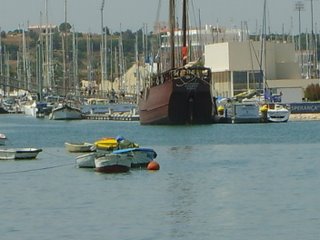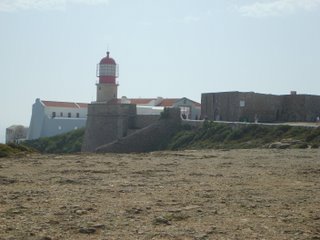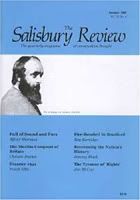The MSM catches up...............
One of my hobby horses is oil (and energy) led inflation, and why, in the current economic climate, we will not be able to tackle it effectively. Many mainstream economists are so bullish on this subject that it is usually given little coverage. In fact, I still have the WSJ predictions from the start of the year, in which they state that oil will hover around the $55-$65 a barrel mark. And, as a consequence of this, interest rates would not be raised after March. They were spectacularly wrong on both counts.
So, I have almost given up on mainstream journalists talking any sense on this issue. However, today, on MSM money, an article tackling this very subject appeared. Here are some of the best bits:
For the global economy this latest conflict, like so many before, is not about what has happened but what might happen. Neither Lebanon, nor Israel for that matter, produces significant amounts of oil. If Syria, a small producer, or more particularly Iran, a huge one, are drawn into conflict then oil supplies may be at risk.This matters particularly now because there is almost no spare capacity in the world oil supply system. Even a small cut in output could have a big effect on oil prices. The risk to global oil prices is clearly on the upside, said Julian Jessop, chief international economist at Capital Economics.
And the crunch:
However, while central banks normally fight inflation by increasing interest rates, when faced with the oil-induced combination of imported inflation and slowing growth (stagflation) they are less likely to push up interest rates than when faced with home-grown price rises. That is why the stock market reaction to the Middle East conflict has so far been relatively subdued.He also talks of the danger that hurricanes pose, as I mentioned in June.
To see such an article linked to on the home page of MSN UK, is immensely satisfying. People need to be aware of the problems facing the economy in the next few months, and articles like this will certainly help.
As I said before, buy some gold!

















